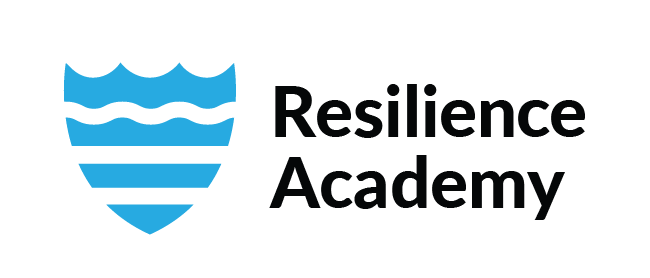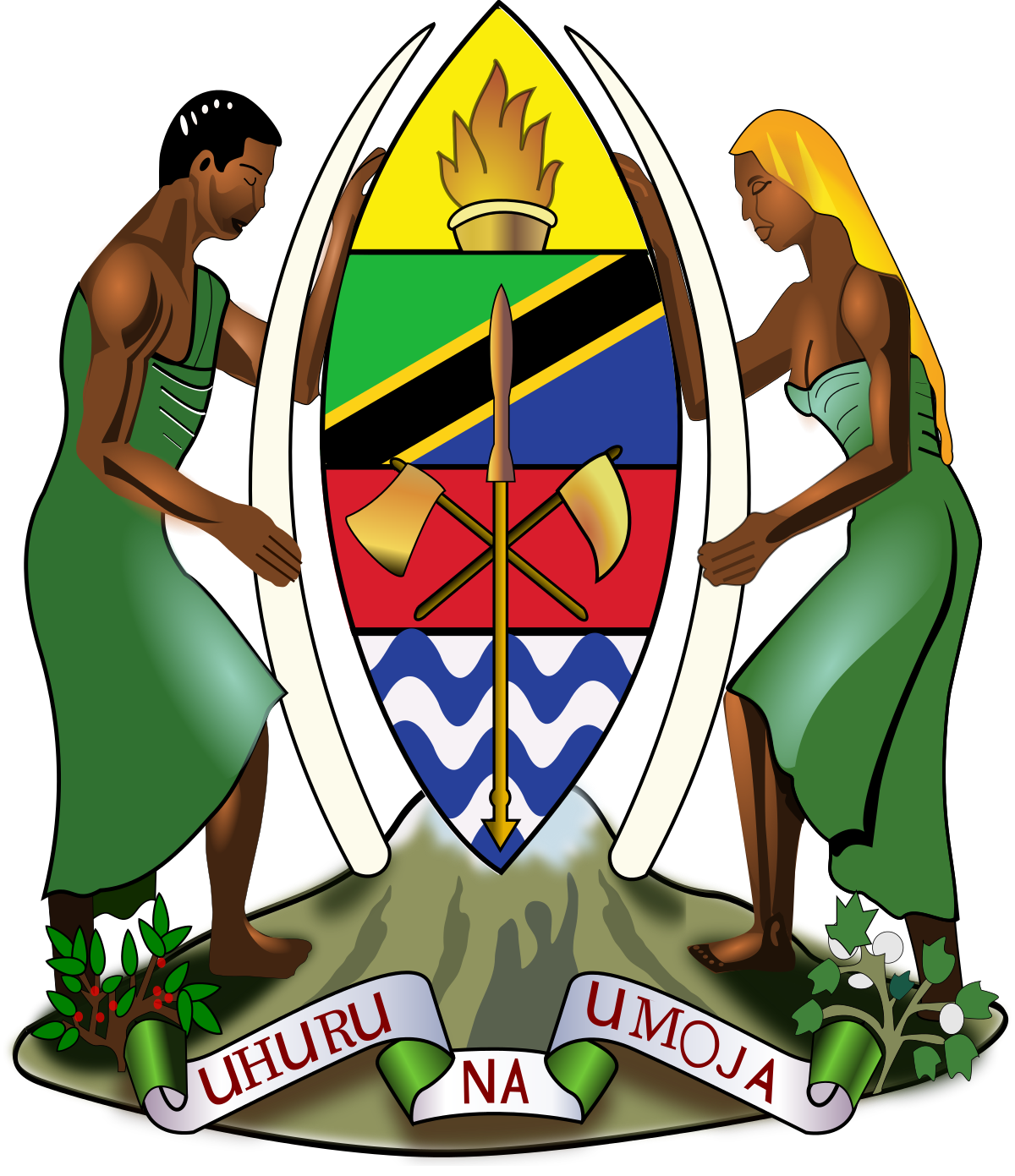Flood-Resilient Cities: Visualizing Community-Centered Urban Solutions
This visualization challenge tackles escalating flood risks in East African coastal cities, focusing on Dar es Salaam and Zanzibar. It engages emerging data scientists and urban planners to create community-centered visualizations that translate complex flood data into actionable insights for municipal authorities and local residents.
The challenges span waste management and flood prevention, historical flood analysis, and community risk communication, addressing resilience from municipal planning to ward-level action. Participants develop technical skills in multi-scale spatial and temporal data visualization, coupled with domain expertise in urban flood management, service delivery, and risk communication.
Working with authentic datasets from partner organizations, teams produce innovative visual tools that enhance flood preparedness and response across governance scales. The event fosters a comprehensive skill set in stakeholder-focused visualization and integrated flood resilience, promoting solutions that link waste management, flood history, and community empowerment for sustainable urban flood risk reduction.
Challenge descriptions:
Location
- %region%
Location
- %region%
Location
- Dar es Salaam
- Zanzibar North
Skills development | Work with data sets | open-access learning materials | Research and Innovation
Young people participated
Geospatial Data Used
List of Challenges used:
Communicate risks and hazards to local communities via visualisations
Story of past floods for better situation analysis
Solid waste collection plan for Tanzanian cities
Developed Solutions
Transforming Data into Actionable Insights for Lake Victoria Basin Water Board (LVBWB), Mwanza City
Urban Resilience Index and Community Vulnerability
Climate-Resilient Urban Infrastructure Gap
Urban Growth and Flood Risk Intersection
Communicate risks and hazards to local communities via visualisations
Story of past floods for better situation analysis
General Guidelines
Data Visualisation Challenge is an opportunity for students and young professionals to turn raw data into powerful visualization solutions that highlight climate risks and urban resilience. By working with open datasets and user-friendly tools, participants will learn how to transform information into maps, charts, and interactive visuals that can support better decision-making. The challenge encourages creativity, collaboration, and the use of open-source technologies, while building practical skills that are highly relevant in today’s data-driven world.
Geospatial Data
All the data can be downloaded from the Climate Risk Database. Or you can contact your mentors from the University partners who can help you on how to get the needed data.
Preferred Softwares
Under this visualisation challenge, you are allowed to use any open source softwares to make your visualisation. Here we list few softwares: Data Studio, Leaflet, Mapbox, Quantum GIS, Geonode, U Map, and or Open Refine.
General Documents and data repositories
- Tanzania Urban Resilience Program Annual Report (.pdf).
- Ramani Huria Website:
- Ramani Huria 1.0 Atlas:
- OpenStreetMap: (The data here can be downloaded using export tools: you need to have OpenStreetMap account)
- Climate Risk Database for Resilience Academy Website:
List of useful training materials
Here we have collected training materials related to the Visualization Challenge. These resources are designed to help participants develop their skills in geospatial data visualization, storytelling, and digital tools that support climate resilience and water security solutions.
Data Visualisation related trainings
- Geovisualisation principles and examples (Login is required)
- Geovisualisation tools (Login is required)
- Data Visualisation Challenge (Login is required)
Data Quality, Management, and sharing related trainings
- Geospatial Data Quality (Login is required)
- Metadata (Login is required)
- Data Sharing in Climate Risk Database (Login is required)
Do you want to ask a question?
If you have any question about Resilience Academy Data Visualization Challenge, feel free to contact us through our Contact Us Page
Our recent News






